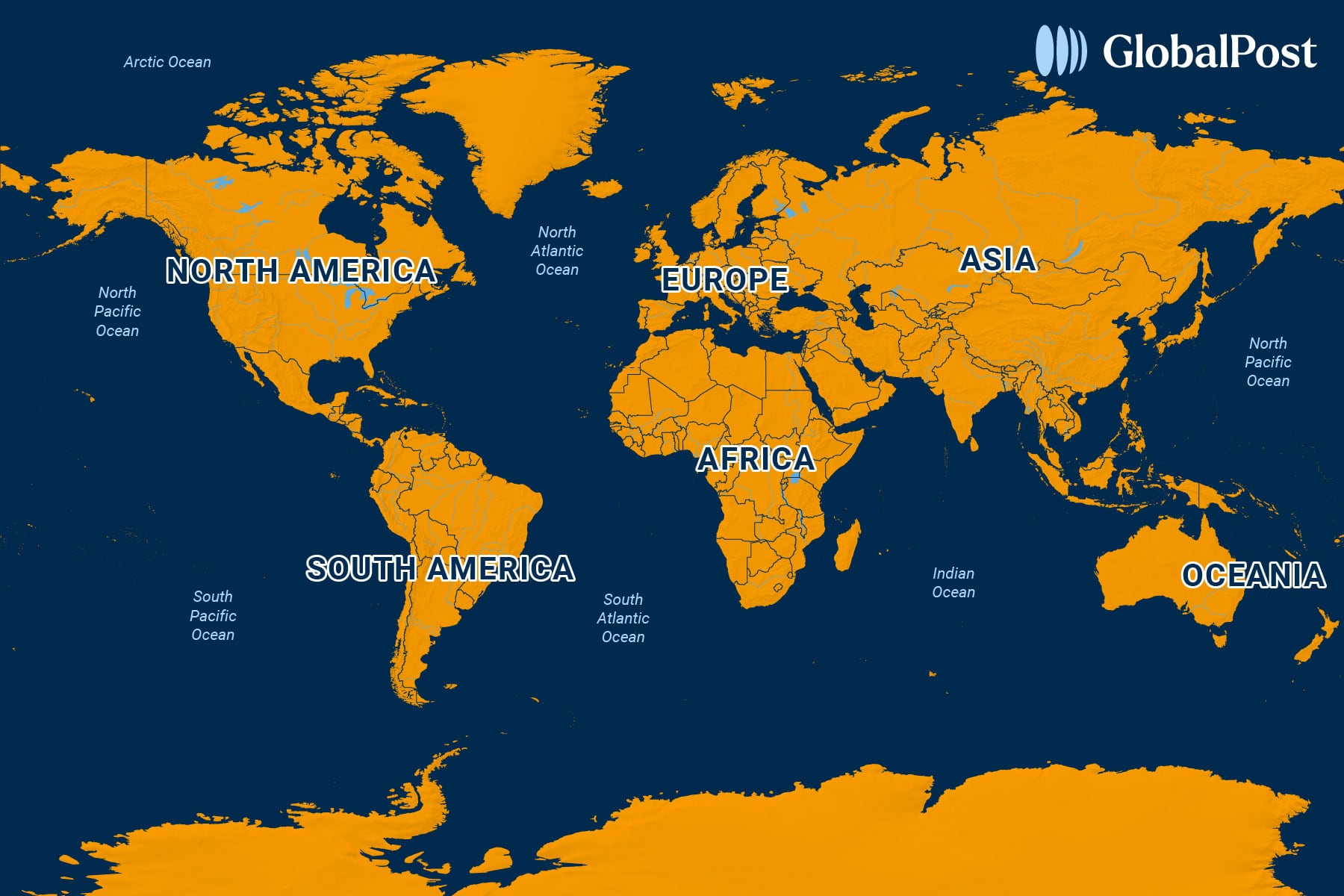International Talks to Reach Agreement in Tackling Plastic Pollution Collapse

Global negotiations in Switzerland to finalize the world’s first legally binding treaty on plastic pollution collapsed Friday without an agreement, Al Jazeera reported.
Deep divisions between oil-producing nations and countries pushing for curbs on plastic production left delegates unable to move forward after 10 days of talks.
More than 1,000 delegates from at least 180 countries met at the United Nations headquarters in Geneva last week for the sixth round of Intergovernmental Negotiating Committee (INC) talks since 2022.
However, participants failed to reach consensus on two proposed treaty drafts by Thursday, even as talks extended into the early hours of Friday.
The main point of contention was whether the treaty should impose legally binding caps on plastic production and phase out toxic chemicals, as demanded by more than 100 nations in the High Ambition Coalition, which included the European Union, the United Kingdom, Canada, and many African and Latin American states.
The opposing camp, the Like-Minded Group of oil producers led by Saudi Arabia, Russia, Iran, Kuwait, and Malaysia, countered that the treaty should focus on recycling, reuse, and waste management rather than restricting production, CNN wrote.
The failure to reach a deal was met with disappointment. France’s Ecological Transition Minister Agnès Pannier-Runacher, for example, said she was “angry” that a handful of states driven by “short-term financial interests” blocked progress.
The Pacific nation of Palau said it was “unjust” for vulnerable states to face the brunt of a crisis that they have played little role in causing. South Africa and Cuba expressed similar regret, with Havana calling the failure a “missed historic opportunity.”
Environmental groups also denounced the outcome and accused fossil fuel interests of undermining the talks.
Despite the collapse, the EU signaled that the latest draft could still serve as a basis for future discussions. No date has yet been set for a seventh round of negotiations.
Plastic production has soared to more than 500 million tons annually and could rise by 70 percent by 2040 without new policies, according to data from the Organization for Economic Co-operation and Development.
Less than 10 percent of plastic is recycled, while the rest is incinerated, buried in landfills or allowed to pollute oceans and rivers.
Scientists have warned that plastics degrade into microplastics, which are linked to health problems ranging from asthma and heart disease to reproductive issues.

Subscribe today and GlobalPost will be in your inbox the next weekday morning
Join us today and pay only $46 for an annual subscription, or less than $4 a month for our unique insights into crucial developments on the world stage. It’s by far the best investment you can make to expand your knowledge of the world.
And you get a free two-week trial with no obligation to continue.
